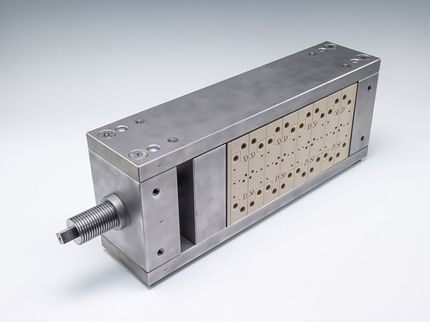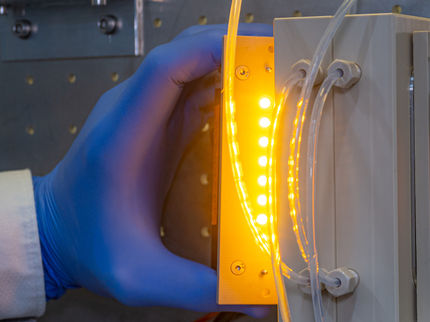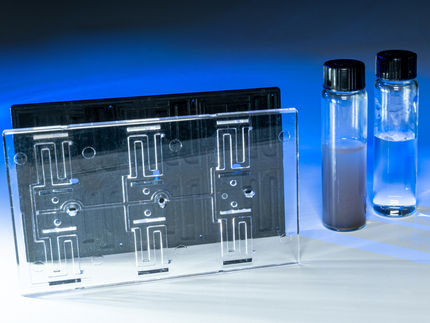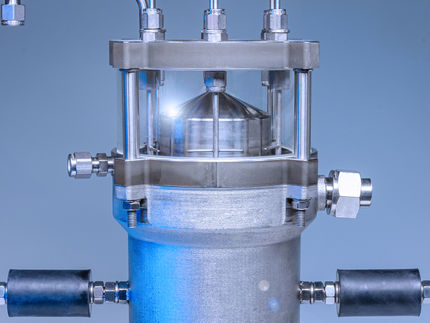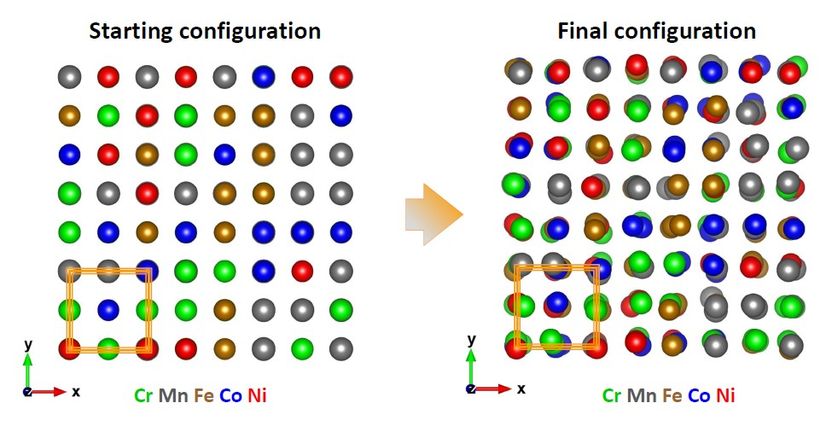
Fraunhofer-Institut für Mikrotechnik und Mikrosysteme IMM
About Fraunhofer IMM
The Fraunhofer-Gesellschaft is the leading organization for applied research in Europe. Its research activities are conducted by 72 institutes and research units at locations throughout Germany. With its clear focus on applied research and on future-oriented key technologies, the Fraunhofer-Gesellschaft plays a central role in the innovation process in Germany and Europe. The research fields of the Fraunhofer-Gesellschaft comply with the needs of people. That is why the work of our scientists and developers has a large impact on the future life of people. We are creative, we shape technology, we design products, we improve processes, we open up new paths. We invent the future. As Fraunhofer IMM, we work in the fields of energy and chemical technology as well as analysis systems and sensors. Our scientists perform the transfer from the scientific idea towards innovation. Thereby, we are able to improve the reliability and efficiency of compact material and energy conversion systems as well as of decentralized, mobile power supply units. We increase process reliability and availability of materials, measurement data and information for product, manufacturing and analytical issues, also in the field of diagnostics. We improve the reliability of process monitoring and increase the robustness of sensors. Our laboratory and pilot scale system solutions can straightly and consistently be transformed into production scale. It is our mission to act in a professional, quality-conscious, economical and sustainable way taking our expertise as a foundation.
- Employees: 51-200
- Industry : Laboratory equipment / supplies



